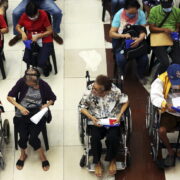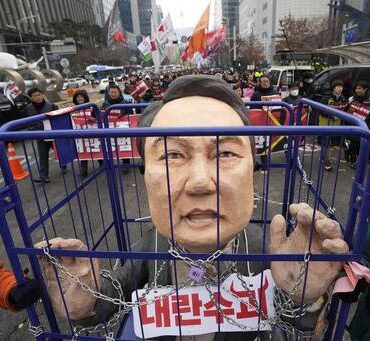Why cyberspace should be child-friendly instead of child-free

In recent years, it has become common for adults to choose a child-free life. An international magazine agreed that debates on the presence of children at weddings, restaurants, and airplanes became pretty common. Now, aside from physical spaces, another space is being debated if it should be child-free: social media.
Australia’s parliament recently approved a legislation that will ban children aged 15 and below from accessing social media starting late 2025. The law includes platforms such as Facebook, Instagram, and X (formerly Twitter) and exempts educational ones such as YouTube and Google Classroom.
In our country, legislation has also been filed to regulate social media, including House Bill No. 10489 that aims to ban TikTok and House Bill No. 543 that will prohibit children aged 12 and below from using social media and will require parental consent for 13- to 17-year-olds. Banning social media will only lead children to unsafe places on the internet, will not make social media platforms safer, and will lessen platforms for children’s participation.
I believe that social media is already part of our reality. Despite my personal desire to bring back traditional newspapers that have not survived the digital era or to reminisce about the time watching teleseryes before sleeping, we need to deal with the reality that social media is not going anywhere.
Unicef Australia stated that the ban could lead children to parts of the internet that are “covert and unregulated.” Children are naturally curious, and an advocate of educating students about social media said that children discover apps and sites faster than adults. Children will always find another site unknown to parents, and in this case, even to legislators, which may lead them more to unsafe places online.
Banning children from social media instead of making it safer for them is a superficial solution. International experts in sociology and digital media recommended creating age-appropriate spaces for minors online. Instead of restricting children, they should be encouraged to use social media productively by having comfortable virtual environments. Experts added that the ban may be compared to a punishment for children, and children are punished because adults fail to make the internet a safe space.
Australia’s legislation fails to acknowledge the youth’s right to participate online. This comment by an Australian media research director recognizes that the ban on removing platforms where children can express themselves will mute their voice in pressing issues involving them. Instead of banning them on platforms of public debates, kids should be considered as an audience, and news outlets and other credible sources of information should cater to their young minds.
I will always remember a comment I read that children should not adjust to us, but rather we should adjust for them. I believe it is the adults—in this case, legislators, tech companies, parents, and social media users—that should make the cyber world better for children. Instead of making our social media child-free, it should be child-friendly, and that responsibility lies on us adults.
MARY SHANE C. WAJE

















